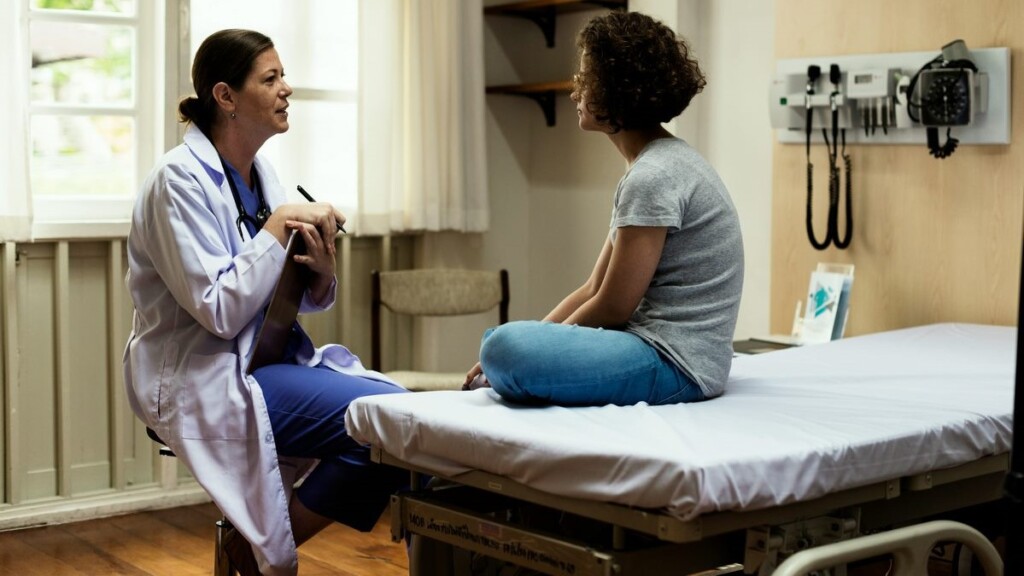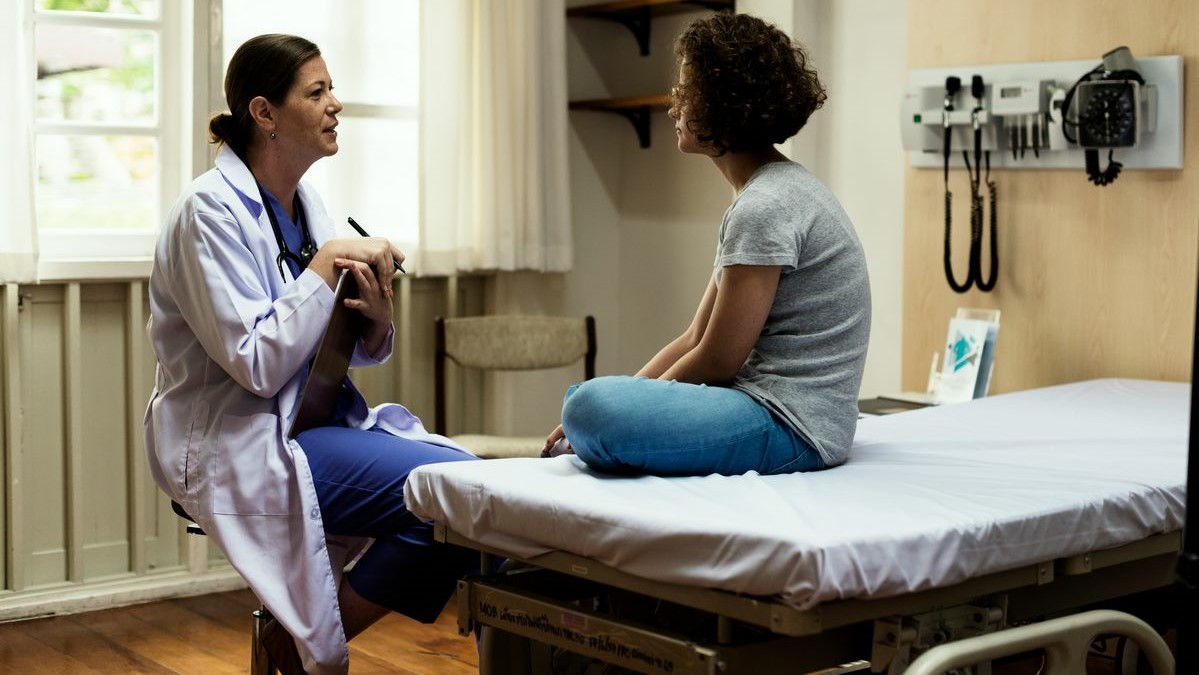
There’s an old saying, often ignored in modern Western medicine, that an ounce of prevention beats a pound of cure.
Establishing a new broad-spectrum, 20-year testing program for its younger generation, Poland has passed this Franklinian test of medical wisdom whose value has been recognized since the days of ancient China.
The new initiative, called Moje Zdrowie (My Health), includes a basic testing package of blood work, glucose levels, creatinine, lipid profile, thyroid hormones, and urinalysis every five years from age 20 to 40 in order to ensure that any disease, or the precursor state that may develop into a disease, is identified as soon as possibile.
Available for free at all healthcare centers in the country, it will be carried out with a questionnaire on medical and family history, lifestyle factors, and mental health.
“For decades, we have been accustomed to periodic preventive examinations of children and adolescents,” said health minister Izabela Leszczyna, announcing the new program. “Very often, however, adults forget to take the same care of themselves.”
“That is why we are introducing regular health checkups for adults—to help build the habit of routine screenings and encourage people to take better care of their own health,” she added.
Chronic diseases like obesity, type-2 diabetes, cardiovascular disease, hypothyroidism, etc. will place a burden worth several hundred thousand dollars per person on any national health system. At the same time, following 50 years of cancer research and innovation in testing and treatment, we know that virtually all cancers will have substantially lower mortality rates when identified in their earliest stages.
NEWS FROM POLAND: Polish Olympian Auctions Silver Medal for Infant’s Heart Surgery, but Winning Bidder Won’t Accept It
A simple test battery combined with risk factor questionnaire can help identify those in a population who are likely to develop these diseases, saving the society millions in lives and dollars.
Notes from Poland writes that the new initiative has been welcomed by medical professionals, who say it addresses key shortcomings in the previous program which failed to help patients follow-up on test results and recommendations.
SIMILAR GREAT HEALTH SERVICE PROGRAMS:
In the case of Poland, the country is experiencing a shortage of nurses and other attendant staff, at a rate of 6.3 per 100,000 inhabitants—almost 3 less than the OECD average. Notes from Poland adds that even if the number of doctors meets the standard, within the next 15 years that number will fall as many enter retirement.
This also coincides with the highest rate of engagement with the medical system the country has ever recorded, at a time when it spends about 4% less than the EU-wide average on medical infrastructure.
SHARE This Great Initiative From Poland On Social Media…


Leave a Reply